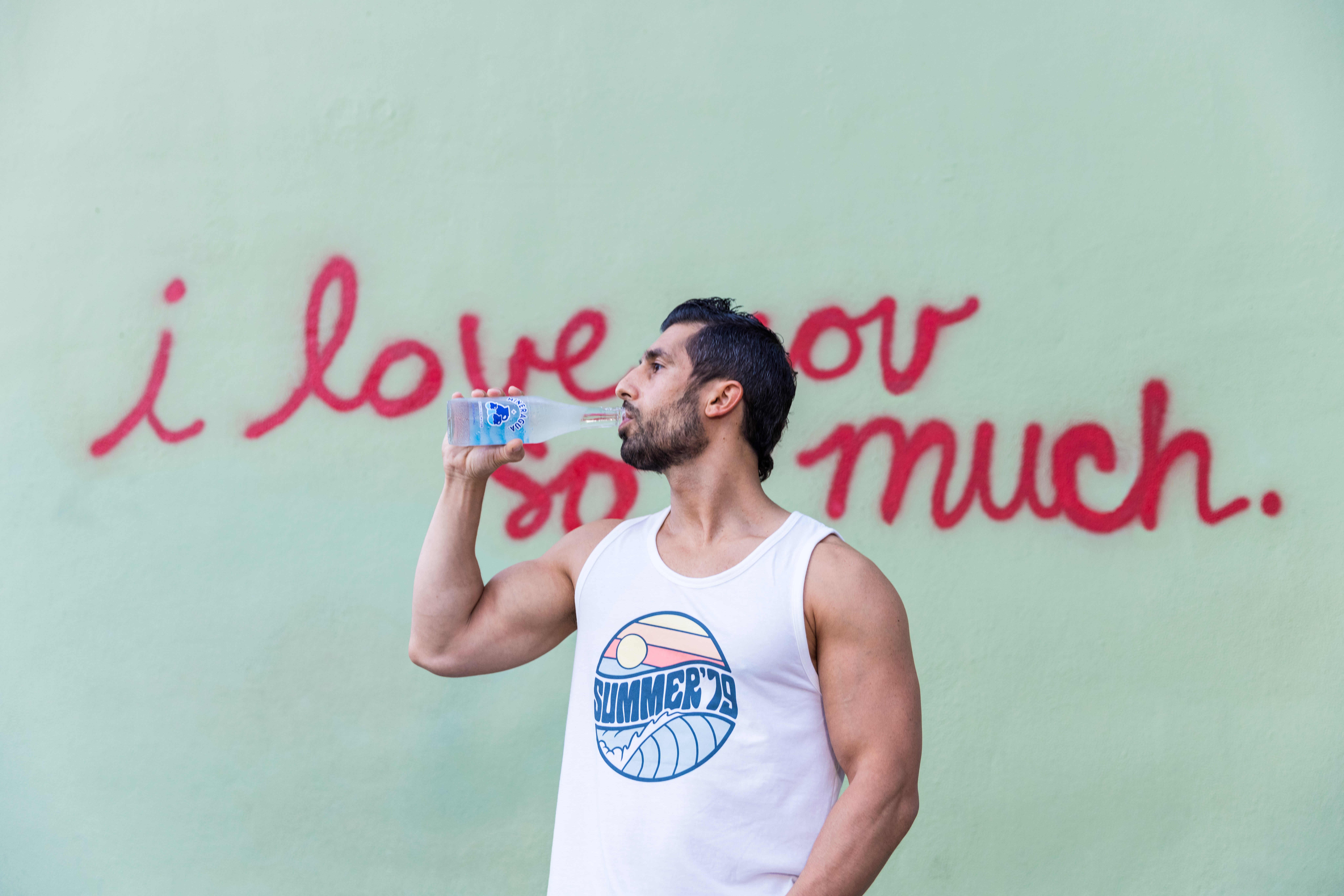 Various ways to deal with dehydration so that the healthy body does not limp during activities. As known, humans are made up of approximately 60 percent water. This fluid is very important to carry out the functions of the body’s organs and prevent dehydration.
Various ways to deal with dehydration so that the healthy body does not limp during activities. As known, humans are made up of approximately 60 percent water. This fluid is very important to carry out the functions of the body’s organs and prevent dehydration.
While the body can lose fluids through excessive sweating, vomiting, diarrhea, or not drinking enough water. This can cause fatigue, dizziness, headaches, seizures, an increase in heart rate and body temperature, a drop in blood pressure, damage to the kidneys, and brain function, and in the worst cases, death. Here are ways to Overcome Dehydration to Keep Your Body Healthy.
Sufficient Water Needs
The average adult should drink 2 to 3 liters of water daily to stay hydrated. The numbers will increase in hotter temperatures and during periods of intense physical activity.
Avoid Caffeine, Sugary Drinks, and Alcohol
Caffeine and sugary drinks can make your dehydration worse. It’s best to avoid both types of drinks. Not only that but drinking alcohol is also not recommended.
Consumption of Healthy Fruits and Vegetables
You can set aside half of your plate space to fill with fruit and vegetables when eating. According to the Academy of Nutrition and Dietetics, vegetables and fruits that have the highest water content are celery, tomatoes, oranges, and melons. These foods will provide your body with water, vitamins, minerals, and fiber.
Consumption of Broth-Based Soup
A broth-based soup with only water, vegetables, and chicken. This makes the soup very healthy and full of flavor. It also hydrates your body and that is the reason why many doctors recommend broth soup if you have a fever or vomiting.
Use Infusion
Another way you can do this is to use an IV and get plenty of rest. This method is usually used for patients with severe dehydration.
Consumption of Healthy Sports Drinks for Athletes
Dehydration in athletes arises due to the amount of sweat that comes out during physical activity. This condition turns out to trigger athletes to lack fluids and electrolytes. This also makes athletes vulnerable to hyponatremia or a lack of sodium in the blood. While drinking water is an ideal way of dealing with dehydration, it is not enough for athletes with hyponatremia.
